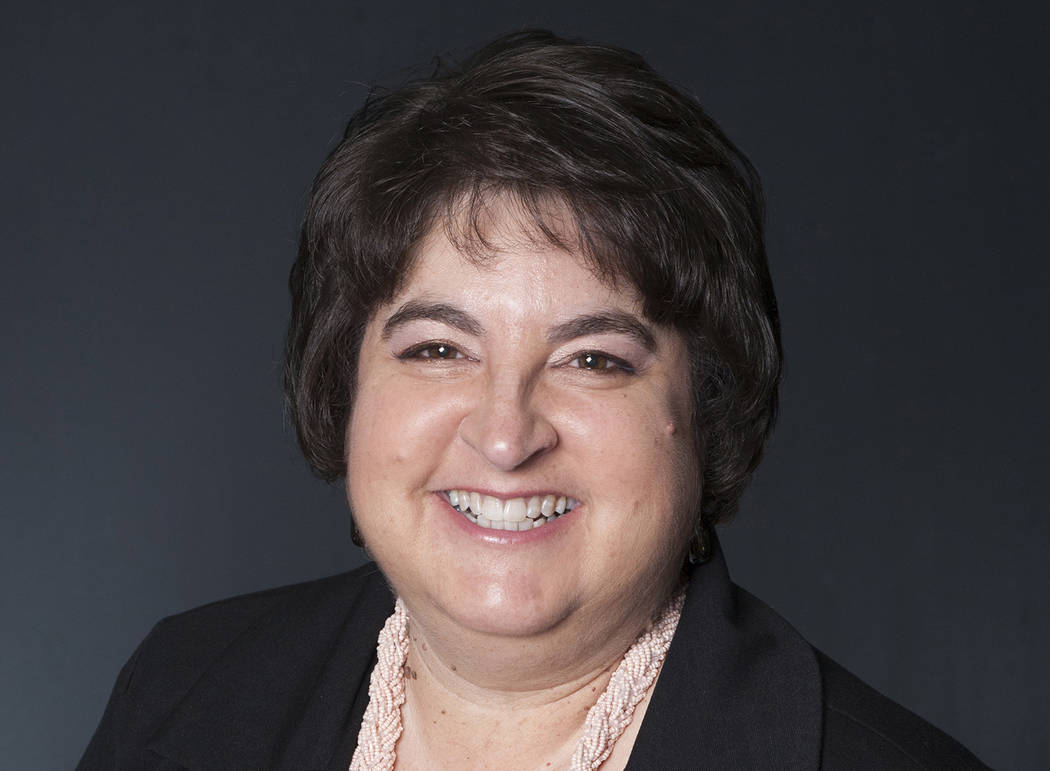
An old joke says it’s always a good day when you wake up and can look down at the grass instead of looking up at it.
There’s a lot of truth to that.
Since we’re still in the beginning of a new year, and a new decade, there is no better time than now to take stock of our health and do what we can to improve it.
Many of us make resolutions each new year to eat better, lose a few pounds, walk or sleep more and/or get some more exercise. These are all good goals and they are important things for us to do so that we can look down at the grass for a few more years.
In addition to that, it’s important for each of us to take an active role in our health and the health care process.
It doesn’t matter how old you are, the key is to be involved in our health care journeys. That means asking the right questions and getting the answers you need when you visit a health care provider.
When we are young, we rely on our parents to do this for us. And fortunately, there are guides for parents to get the information they need and parameters are for early childhood development.
But, as we get older and need to start making decisions on our own behalf, there are fewer resources. Or, we are bombarded with advice and information from well-intentioned folks, spend too much time online trying to self-diagnose and don’t know how to proceed.
In the past few months, my family has experienced several incidents that have made me more cautious when dealing with health care providers. They are not infallible, and sometimes you need to question their actions and stand up for your right to quality care.
The first incident involved a do-it-yourself test kit with results sent to the doctor. Someone on his staff called to say the results were “positive.” Instead of asking us to come see the doctor so we could get the results and some questions answered about what this meant at the same time, she told us a referral would be coming in the mail and sent us into a tizzy for weeks.
The referral was worse than the diagnosis. Instead of being treated compassionately and given valuable information about what our options were and the next steps to be taken, we were “invited” to a class with 20 others and presented with an hour-long program that did nothing but instill fear. Staff was rude, condescending and herded us like animals.
We refused to be treated that way and found another doctor who took the time to answer each question properly and get us back on the right track. Fortunately, the positive results turned out to be false.
Another incident involved getting a routine test that turned out to be anything but routine, which I didn’t find out until a bill was sent to my home for the tests. The physician assistant performed a variety of tests without my knowledge or consent, all of which were unnecessary and very costly.
After our earlier experience, I immediately called the office to file a complaint, got in touch with her supervising physician and began looking for a new medical provider.
There were a few silver linings to this whole mess. First, the supervising doctor promised to speak with the physician assistant so that other patients are not treated that way, as well as taking care of the test costs.
And it prompted me to purchase a small notebook so that I could write down all of our questions and the doctor’s responses in the same place. That gives us a better accounting of our health care.
Perhaps by sharing some of my family’s experiences it can help others get the type of care we all need and deserve.
Hali Bernstein Saylor is editor of the Boulder City Review. She can be reached at hsaylor@bouldercityreview.com or at 702-586-9523. Follow @HalisComment on Twitter.